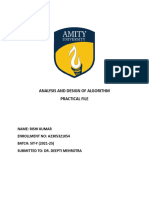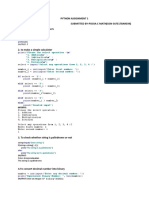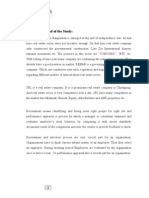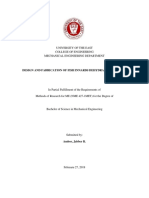0% found this document useful (0 votes)
131 views28 pagesPython Algorithms and Data Structures Guide
The document contains algorithms and code snippets for solving various problems:
1) It provides an efficient Kadane's algorithm to find the contiguous subarray with the largest sum in a 1D array.
2) It shows how to find the kth largest element in an array using quickselect and partitioning.
3) Other problems addressed include reversing an integer, string, finding if a string is a palindrome, checking for duplicate characters, solving the two sum problem, and more.
Pseudocode and Python code with explanations are given for each problem to illustrate the algorithmic approach and solution.
Uploaded by
Harsh SinghCopyright
© © All Rights Reserved
We take content rights seriously. If you suspect this is your content, claim it here.
Available Formats
Download as PDF, TXT or read online on Scribd
0% found this document useful (0 votes)
131 views28 pagesPython Algorithms and Data Structures Guide
The document contains algorithms and code snippets for solving various problems:
1) It provides an efficient Kadane's algorithm to find the contiguous subarray with the largest sum in a 1D array.
2) It shows how to find the kth largest element in an array using quickselect and partitioning.
3) Other problems addressed include reversing an integer, string, finding if a string is a palindrome, checking for duplicate characters, solving the two sum problem, and more.
Pseudocode and Python code with explanations are given for each problem to illustrate the algorithmic approach and solution.
Uploaded by
Harsh SinghCopyright
© © All Rights Reserved
We take content rights seriously. If you suspect this is your content, claim it here.
Available Formats
Download as PDF, TXT or read online on Scribd
/ 28
























































































